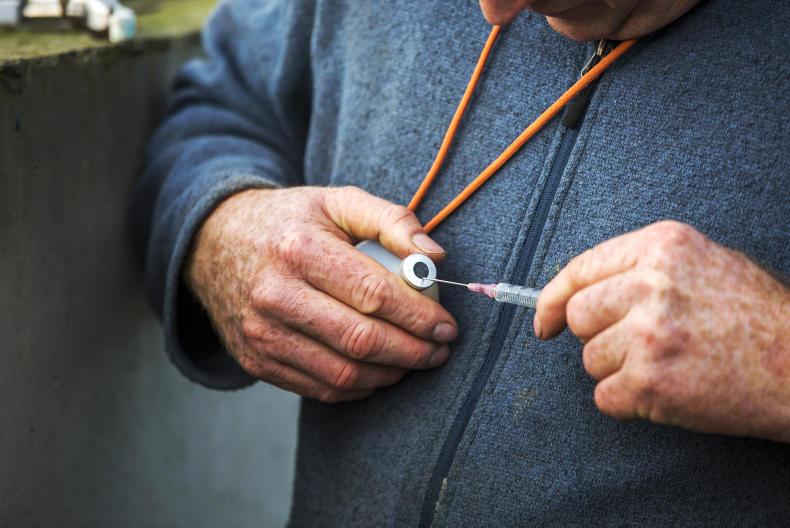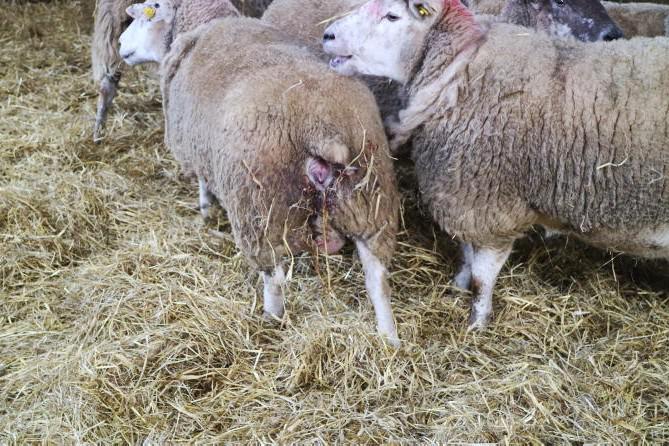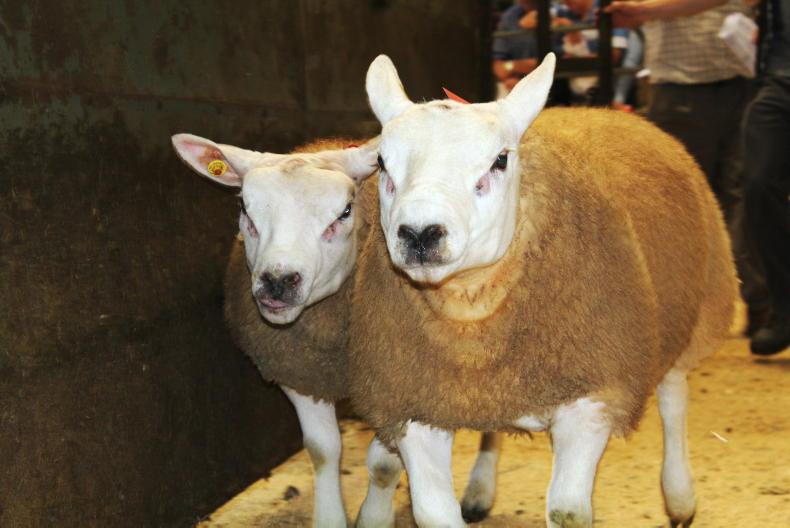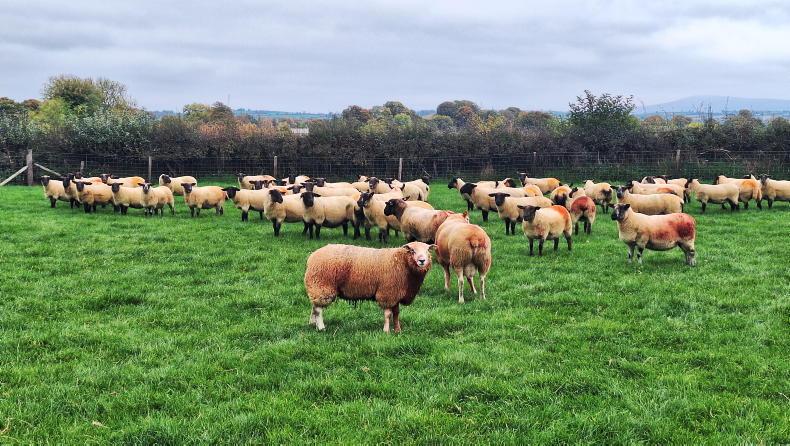I was recently called to examine a young imported bull which had lost a lot of weight over a short time and was scouring.
Several possible causes went through my mind on my way to see this animal including salmonella, Johne’s disease, rumen fluke, liver fluke and worms. He was very ill, hardly able to stand and had a very watery, smelly scour. We took samples to try to determine the cause of his illness while starting treatment for parasites and salmonella. He had been dosed after housing with ivermectin and triclabendazole for fluke and worms, standard treatment on many farms.
That evening the parasitology results showed a high strongyle egg count and a significant liver fluke infestation; the salmonella test was negative.
Despite aggressive fluid treatment, the bull died a couple of days later. The cause of death we concluded was Ostertagia (stomach worm) type 2 diarrhoea, possibly triggered by the liver fluke infestation.
This disease, which is thankfully uncommon, is often fatal. It would appear neither the ivermectin nor the triclabendazole were effective against the parasites on this farm.
This is a pattern that is emerging in recent times. These two products have been the mainstays of parasite control in this country for many years but due to overuse, resistance has developed to them.
This grazing season every livestock farmer should make it a priority to find out what products will and will not work on their paddocks. Anthelmintics should only be used when proven necessary by either clinical evidence or ideally faecal egg count testing. Product efficacy is easily assessed by rechecking after dosing that the egg count is eliminated. Good professional advice in combination with regular faecal testing will enable farmers to put an appropriate strategy in place to eliminate losses like this farmer recently suffered.
Conor Kilcoyne works at Kilcoyne & Barnes Veterinary, Tubbercurry, Co Sligo. Kilcoyne & Barnes Veterinary is part of XLVets. XLVets is a group of progressive practices working together to achieve a better future for agriculture and veterinary in Ireland. Visit www.xlvets.ie











SHARING OPTIONS